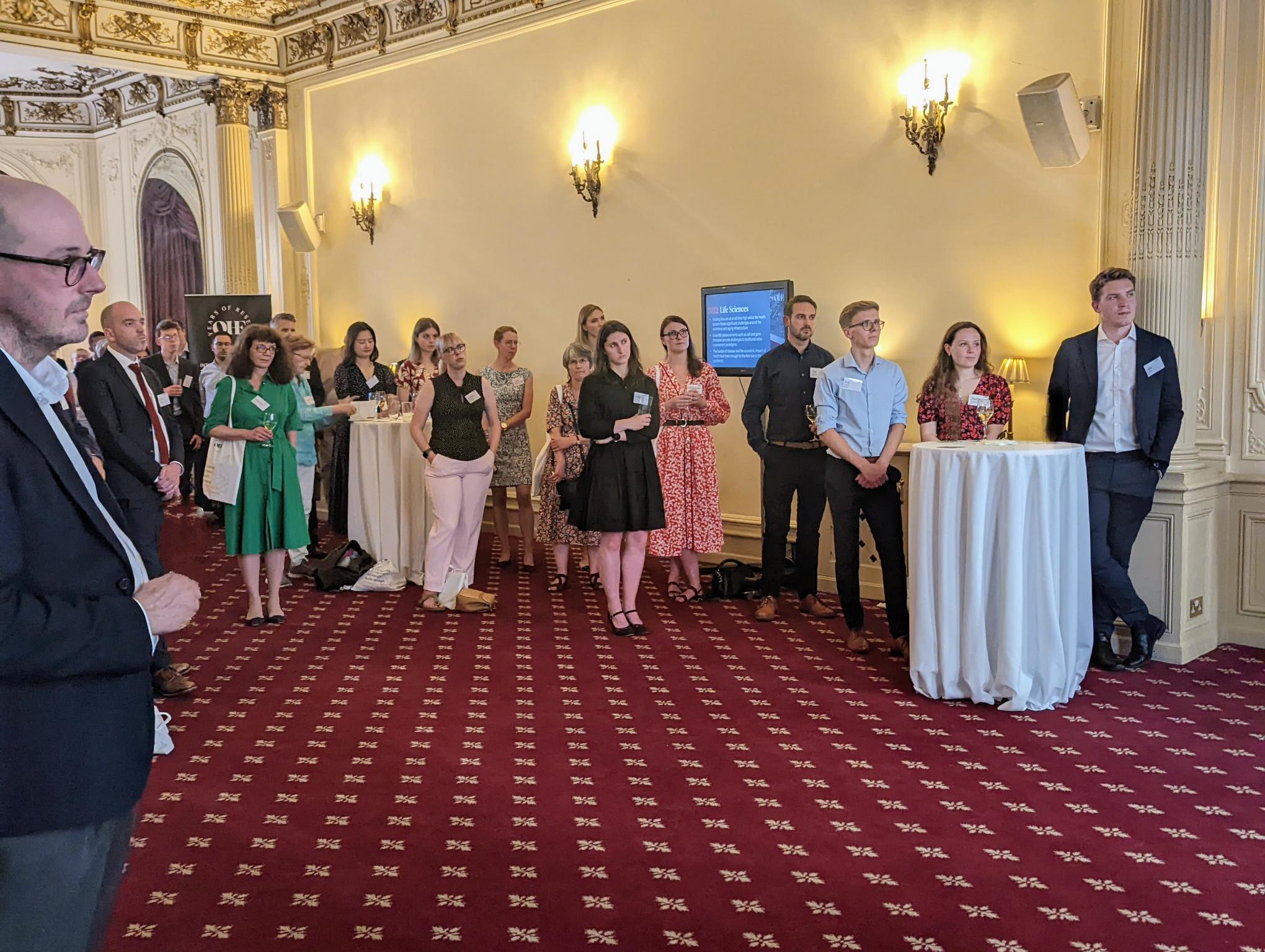Sign up to our newsletter Subscribe
Analysing Global Immunisation Expenditure

Sign up to our newsletter Subscribe


Tensions between broad access to new medical technologies and efforts to contain health care costs are perennial. In recent years, this has become evident in the uncomfortable discontinuities that can occur between health technology assessment (HTA) and regulatory approval of…

Tensions between broad access to new medical technologies and efforts to contain health care costs are perennial. In recent years, this has become evident in the uncomfortable discontinuities that can occur between health technology assessment (HTA) and regulatory approval of medicines. In autumn 2009, OHE and the Institute for Regulatory Science at CMR International collaborated on a two-day workshop on the issues raised.

Tensions between broad access to new medical technologies and efforts to contain health care costs are perennial. In recent years, this has become evident in the uncomfortable discontinuities that can occur between health technology assessment (HTA) and regulatory approval of medicines. In autumn 2009, OHE and the Institute for Regulatory Science at CMR International collaborated on a two-day workshop on the issues raised. Representatives of HTA bodies, regulatory agencies, the pharmaceutical industry and academics participated.
The basic problem identified in the workshop is that the remits and requirements of regulatory authorities and HTA agencies both differ and diverge. Satisfying the data requirements of each is an increasingly complex and costly undertaking for new drug sponsors. Moreover, while regulatory agencies have worked for decades to harmonize requirements for approval, differences in HTA requirements seem to be increasing across countries.
Workshop participants discussed the challenges and possible responses in plenary sessions and in a series of syndicates. The primary challenge identified was the need to develop ways for all parties to coordinate and cooperate, simplifying and rationalizing the process as much as possible in order to ensure timely access to important new therapies. The four syndicate sessions brainstormed a total of twenty recommendations for action to move in that direction, ranging from modular approaches for common dossiers to increased transparency, conditional approval mechanisms and quality review of HTA analyses.
Importantly, the syndicate recommendations and the workshop discussions explicitly recognised that more must be known before solutions to successfully address the challenges can be developed. This includes:
‘Mismatched outcomes’ were identified as a particular concern during the workshop. These occur when ‘a regulatory body grants an accelerated approval for a new medicine for unmet medical need, and that approval is not compatible with current HTA requirements’. The workshop recommended that a framework to address this crucial challenge be piloted and that a registry of such pilots be available. Again, then, additional information is crucial to effectively addressing this issue.
CRMI (CMR International). (2009) Review and reimbursement: A special case for better co-operation. Report of a workshop. 29-30 September 2009. Surrey: Institute for Regulatory Science, CMR International.
An error has occurred, please try again later.
This website uses cookies so that we can provide you with the best user experience possible. Cookie information is stored in your browser and performs functions such as recognising you when you return to our website and helping our team to understand which sections of the website you find most interesting and useful.
Strictly Necessary Cookie should be enabled at all times so that we can save your preferences for cookie settings.
If you disable this cookie, we will not be able to save your preferences. This means that every time you visit this website you will need to enable or disable cookies again.
This website uses Google Analytics to collect anonymous information such as the number of visitors to the site, and the most popular pages.
Keeping this cookie enabled helps us to improve our website.
Please enable Strictly Necessary Cookies first so that we can save your preferences!
